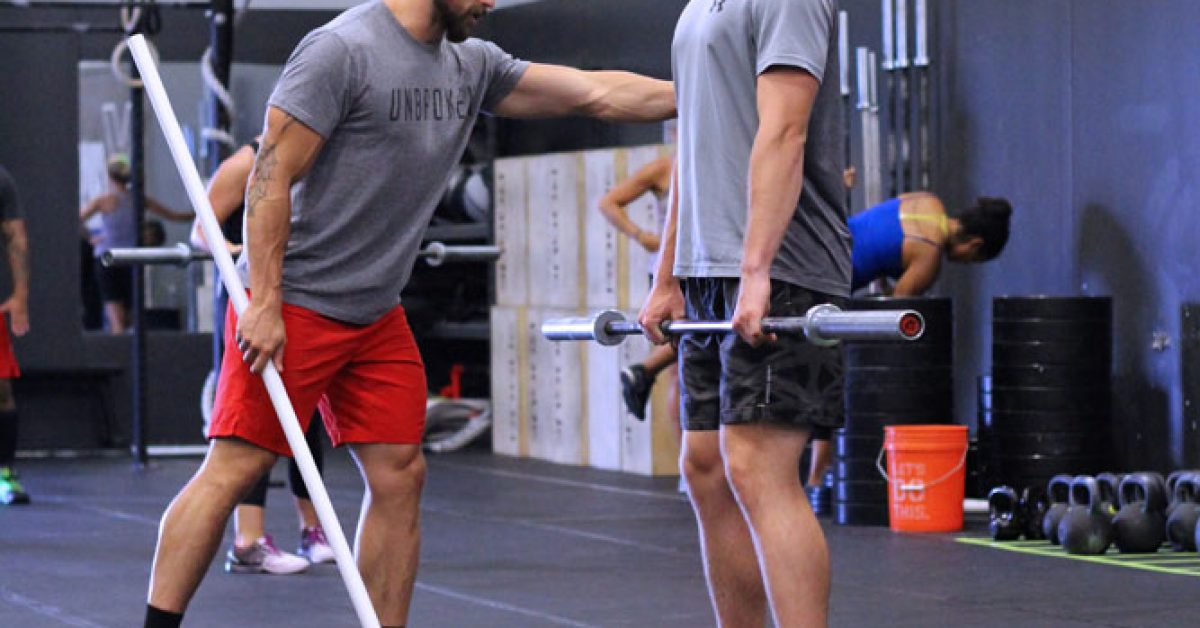From Athletes to Coaches; holding yourself to a standard
By Coach Taylor
In all sports, athletes transition to coaching looking to further their career. CrossFit is no different. I was (and still am) a competitive athlete who transitioned into coaching. Does being a successful athlete in your field qualify me as a good coach? Absolutely not, but there are still attributes we can take from our heyday to help our staff, and even inspire one of our own athletes, to make the jump into coaching.
Whether you coach one class or 20 classes a week, your job is to not only to convey the lesson plan, keeping athletes safe and motivated, but also to inspire and build trust. Recently, Coach Ben Bergeron on CrossFit New England had a podcast about developing levels of relationships. If you have not listened to this, I suggest that you do. Which brings me to my first point:
Seek out a Coach/Mentor.
In athletics you have a coach; someone to objectively monitor you and help develop a plan to help you reach your goals. When we consider coaching in this aspect, very little changes. Just because you have been coaching for four years does not mean the learning stops. Since we were young, we watched Mom and Dad and tried to be like them; maybe you had an older sibling you wanted to imitate. These people (who we trust) have an impact on our personality. Throughout life, these things do not change. You need a mentor. You need a coach. In any trade, there is proper coaching, checking, and overseeing. If you don’t already have a mentorship program within your gym, implementing one may help!
Did you win or lose your game?
As an athlete, your stage is the field (or court, or floor, or rink). As a coach, your stage is the performance you give when you step onto the floor – and make no mistake, it is a performance. You should be asking yourself, “Am I taking 5-10 minutes after class to build an after-action report to identify what I did well, and what I didn’t do so well? Did I impact all of my athletes individually?” These questions need to be asked. In some cases, a coach may be the only coach on staff, and thus they coach all the classes. Who coaches them? You can easily audit yourself and find the weaknesses in your game, just like an athlete does.
Preparation wins the game.
In any sport, the more prepared person wins the game. There are times where working on the fly helps, but when you see this in a football game or basketball game, those are more practiced than you think. If you use Box Programming like I do, it’s like having the answers to the test. You study them. You learn everything there is to know about them. You learn all the ins and outs of what can go wrong. And then…comes the test. Have you ever taken a class or been in a seminar and thought, “wow, this guy REALLY knows his stuff”? That’s how your athletes should look at you.
These are just a few things I use to help coaches develop a sense of self-awareness. What makes you great as a coach is that you have been where your athletes have been, and you have so many past experiences to help your athletes. Use them. Try to implement these points into your coaching and have your team hold yourselves to a standard.
After all, it is your job to make that one hour the best hour of their day!



